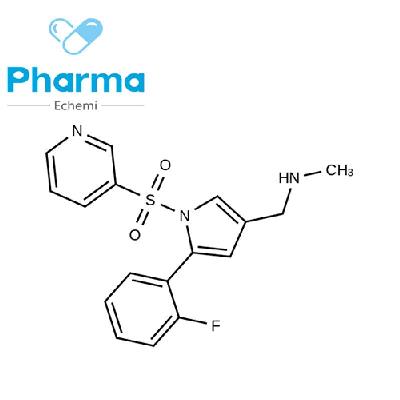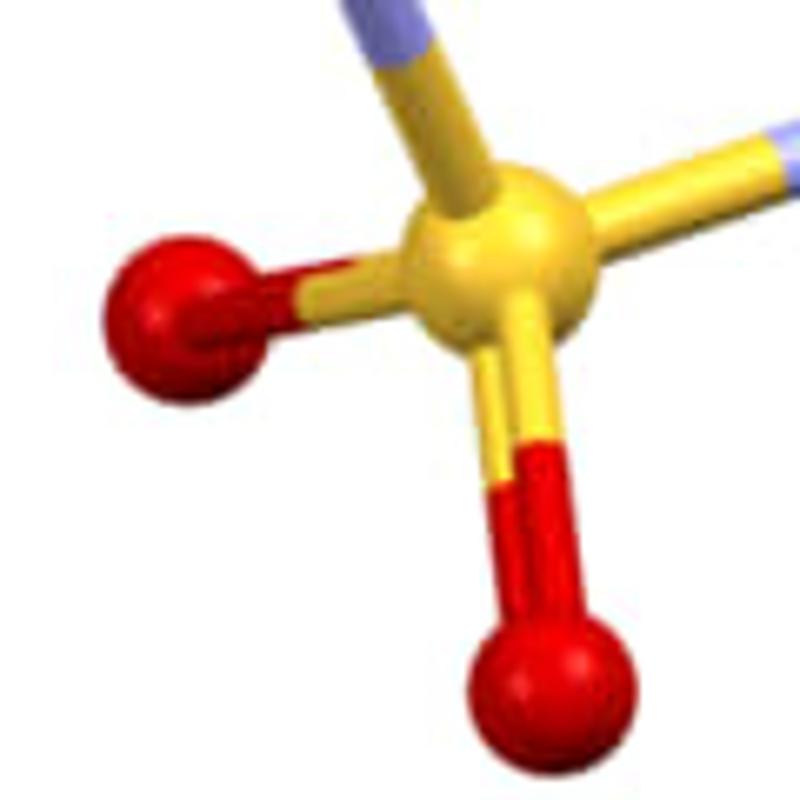-
Categories
-
Pharmaceutical Intermediates
-
Active Pharmaceutical Ingredients
-
Food Additives
- Industrial Coatings
- Agrochemicals
- Dyes and Pigments
- Surfactant
- Flavors and Fragrances
- Chemical Reagents
- Catalyst and Auxiliary
- Natural Products
- Inorganic Chemistry
-
Organic Chemistry
-
Biochemical Engineering
- Analytical Chemistry
-
Cosmetic Ingredient
- Water Treatment Chemical
-
Pharmaceutical Intermediates
Promotion
ECHEMI Mall
Wholesale
Weekly Price
Exhibition
News
-
Trade Service
Recently, the innovation team of germplasm resource stress resistance and quality trait evaluation of crop science research of the Chinese Academy of Agricultural Sciences, the Key Laboratory of Agricultural Product Quality Evaluation and Nutrition and Health of the Ministry of Agriculture and Rural Affairs, together with Shanxi University and the University of Liège, Belgium, studied and compared the effects of quinoa protein and peptides on the development of colon cancer in mice, providing a theoretical basis
for the development of quinoa functional food.
The results were published in Food Chemistry
.
Quinoa originated in the Andean region of South America, and is currently being cultivated in more than 20 provinces and regions in China, and China has become the world's third largest producer
.
As an unconventional protein source, quinoa has excellent nutritional value, in addition, quinoa has gluten-free and high digestibility characteristics, and its application in the food field has shown explosive growth, and it has also shown good application potential
in feeding, medicine, industry and other aspects.
In this study, quinoa polypeptide was prepared, and it was found that both quinoa protein and peptide could reduce the clinical symptoms of colon cancer in mice, including the recovery of body weight and colon length, the decrease of disease activity index (DAI), and the decrease in the number of polyps.
The pathological section results of colon tissue also showed that quinoa protein and peptides partially restored the crypt and intestinal epithelial tissue
of the colon compared to the mice in the diseased group.
Short-chain fatty acids are essential for the treatment of intestinal diseases, and in this study, quinoa protein and its peptides led to a significant increase in the content of short-chain fatty acids, which indirectly reflects the health
of the intestine.
In addition, feeding quinoa protein or peptides can partially alleviate the dysbacteriosis
of intestinal flora caused by colon cancer in mice by reducing the abundance of pathogenic bacteria and increasing the abundance of probiotics.
This study preliminarily revealed that quinoa polypeptide has a positive effect on the intestinal health of mice, which is of great significance
for the efficient utilization of quinoa resources and the development of functional products.
Dr.
Fan Xin is the first author of the paper, and Professor Guixing Ren, Professor Lizhen Zhang and Professor Christophe Blecker are the co-corresponding authors
of the paper.
The research was funded
by projects such as the Science and Technology Innovation Project of the Chinese Academy of Agricultural Sciences.
Original link: https://doi.
org/10.
1016/j.
foodchem.
2022.
135196
| Patent application | Rapid detection | of transgenic plants Tissue culture | Yeast two-hybrid | Plant antibody |
.
Submission and recruitment please reply to "submission" in the background, all of which are free of charge; For business cooperation, please contact WeChat ID: zwkxqy;
for the development of quinoa functional food.
The results were published in Food Chemistry
.
Quinoa originated in the Andean region of South America, and is currently being cultivated in more than 20 provinces and regions in China, and China has become the world's third largest producer
.
As an unconventional protein source, quinoa has excellent nutritional value, in addition, quinoa has gluten-free and high digestibility characteristics, and its application in the food field has shown explosive growth, and it has also shown good application potential
in feeding, medicine, industry and other aspects.
In this study, quinoa polypeptide was prepared, and it was found that both quinoa protein and peptide could reduce the clinical symptoms of colon cancer in mice, including the recovery of body weight and colon length, the decrease of disease activity index (DAI), and the decrease in the number of polyps.
The pathological section results of colon tissue also showed that quinoa protein and peptides partially restored the crypt and intestinal epithelial tissue
of the colon compared to the mice in the diseased group.
Short-chain fatty acids are essential for the treatment of intestinal diseases, and in this study, quinoa protein and its peptides led to a significant increase in the content of short-chain fatty acids, which indirectly reflects the health
of the intestine.
In addition, feeding quinoa protein or peptides can partially alleviate the dysbacteriosis
of intestinal flora caused by colon cancer in mice by reducing the abundance of pathogenic bacteria and increasing the abundance of probiotics.
This study preliminarily revealed that quinoa polypeptide has a positive effect on the intestinal health of mice, which is of great significance
for the efficient utilization of quinoa resources and the development of functional products.
Dr.
Fan Xin is the first author of the paper, and Professor Guixing Ren, Professor Lizhen Zhang and Professor Christophe Blecker are the co-corresponding authors
of the paper.
The research was funded
by projects such as the Science and Technology Innovation Project of the Chinese Academy of Agricultural Sciences.
Original link: https://doi.
org/10.
1016/j.
foodchem.
2022.
135196
Research Services (Cooperative Investment Promotion)
| Patent application | Rapid detection | of transgenic plants Tissue culture | Yeast two-hybrid | Plant antibody |
.
Submission and recruitment please reply to "submission" in the background, all of which are free of charge; For business cooperation, please contact WeChat ID: zwkxqy;







